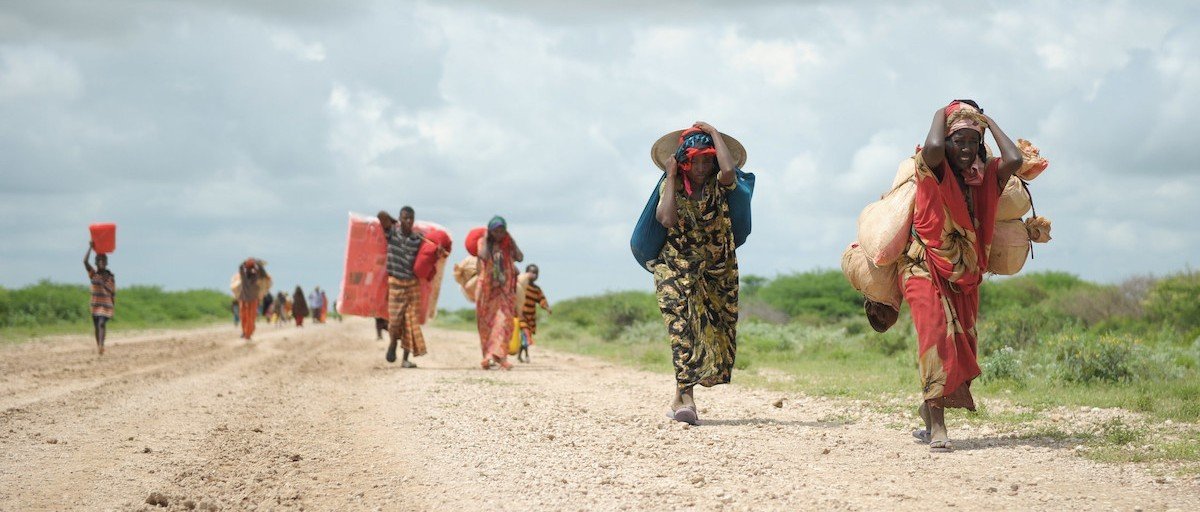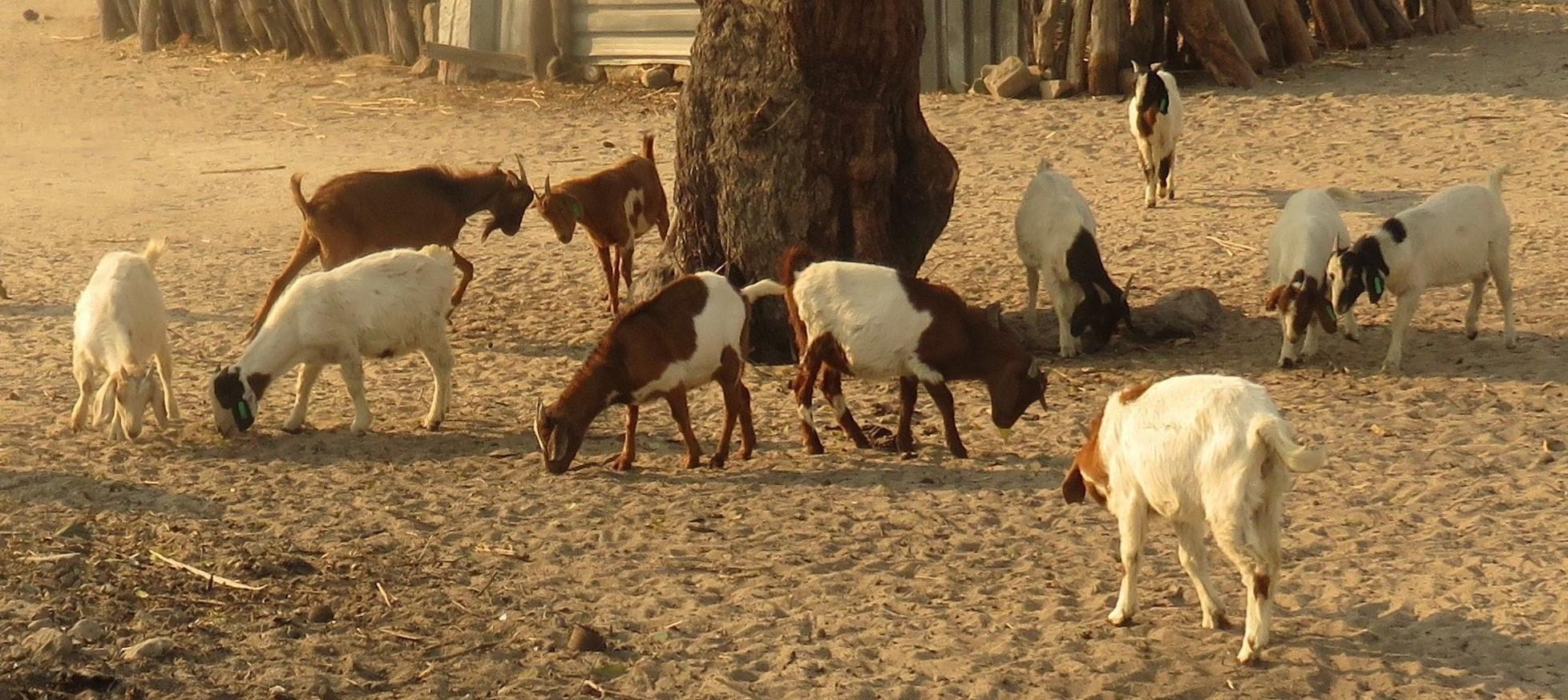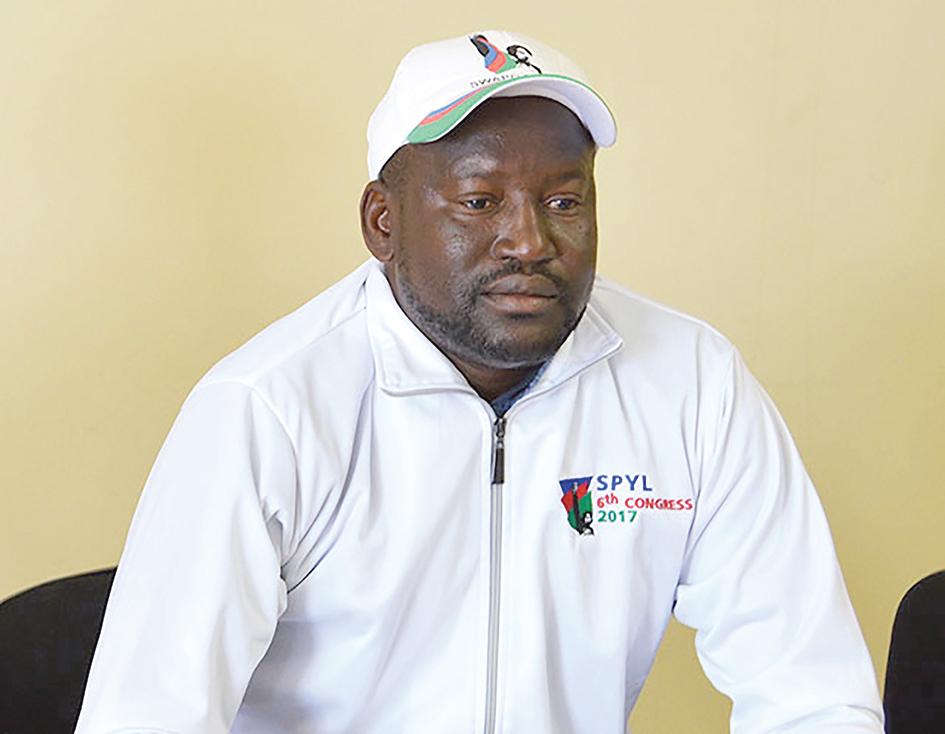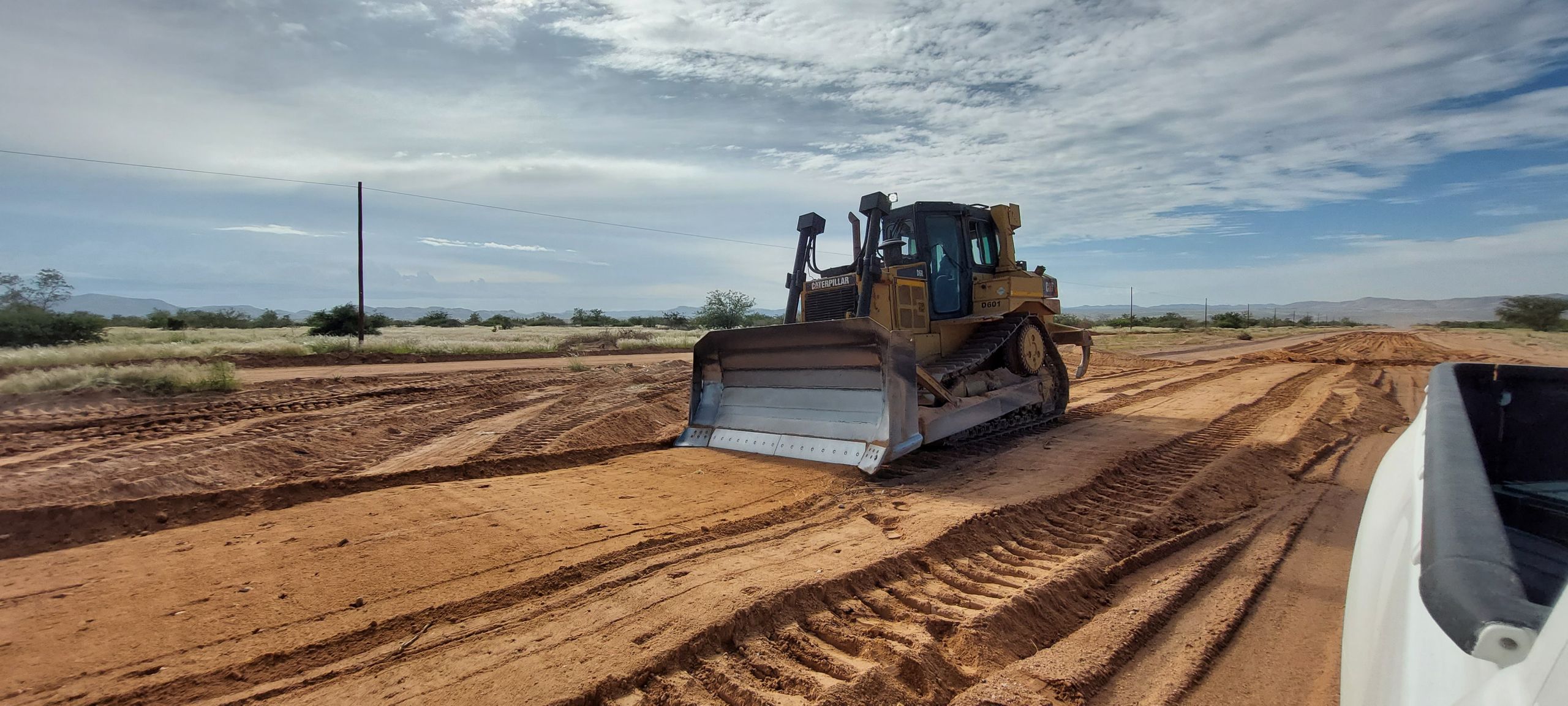The Namibia Student Financial Assistance Fund (NSFAF) has a projected financial need of N$2,5 billion to cater to the projected number of applications in the upcoming financial year.
NSFAF chief operating officer Kennedy Kandume revealed this at a press conference in Windhoek yesterday.
“Our projection indicates that 23 700 applicants will meet the funding requirement or will be eligible for funding during the 2024 academic year.
“This is always informed by what the Grade 12s and Grade 11s are producing,” he said.
Kandume was speaking at the official launch of the fund’s 2024 online application.
Higher education, technology and innovation minister Itah Kandjii-Murangi said the government will remain committed to maintaining the funding scheme.
“The government is committed to human capital development to ensure economic development. This is a function of the government that cannot be overemphasised. This is evidenced by the budget that is allocated to the NSFAF every year,” she said.
Kandume highlighted the notable increase in applicants meeting the requirements to be considered for funding this year.
“During this academic year we witnessed a substantial increase of applicants meeting the funding requirements. An increase of 30% was witnessed from 17 232 applicants in the 2022 academic year to 22 178 applicants who met the funding requirements during this academic year,” he said.
The increase in demand for student funding necessitated a N$500-million increase in funds allocated to the NSFAF for the 2023/24 financial year.
In total N$2,1 billion was allocated for the current financial year.
Kandjii-Murangi also stressed the importance of selecting recognised institutions and accredited courses.
“It is common knowledge that there are indeed those students who end up in institutions that are not recognised and still want the fund to fund them. It is not possible,” she said.
Kandjii-Murangi advised prospective applicants to familiarise themselves with the funding requirements and to assess whether their institutions of choice are recognised.
Applicants whose household income is above N$500 000 per year do not qualify for funding.
“This goes without saying that the fund is there to assist the neediest of the needy,” Kandume said.
All eligible individuals seeking to pursue diplomas, undergraduate, postgraduate and technical and vocational education and training may be funded under this scheme.
Applications close in February.
The Namibian last week reported that the NSFAF only recovers 1% of the debt owed to it by former beneficiaries annually.
This was revealed in a letter addressed to the parliamentary standing committee on public accounts, drafted by the fund.
Kandume has confimed the letter, which details amounts repaid since 2013.
The highest amount recovered was N$15 million in the 2022/23 financial year, while the NSFAF was owed N$6,9 billion.
For this financial year, the NSFAF has recovered N$9,2 million, while the loan book stands at N$7,9 billion.
In the 2021/22 year, the fund was paid N$10,1 million, while it was owed N$6,1 billion.
In the 2020/21 financial year, the fund received N$4,3 million, while its loan book stood at N$5,5 billion.
The year before that, it recouped N$3,6 million, while owed N$,9 billion.
In 2018/19, N$3,2 million was received, while the fund’s loan book stood at N$4,3 billion.
In 2017/18, it was owed N$3,5 billion and only recouped N$4,1 million.
In 2016/17, the fund got back N$4,5 million and was owed N$3,4 million.
The previous year, N$4,6 million was reclaimed out of the N$3,4 billion owed.
In 2014/15, the fund was owed N$3,4 billion, and it recovered N$4,2 million.
In the 2013/14 financial year, it recovered N$6,2 million, while it was owed N$3,4 billion.
The fund has spent N$7,3 million to recover the money owed to it.
Stay informed with The Namibian – your source for credible journalism. Get in-depth reporting and opinions for
only N$85 a month. Invest in journalism, invest in democracy –
Subscribe Now!










